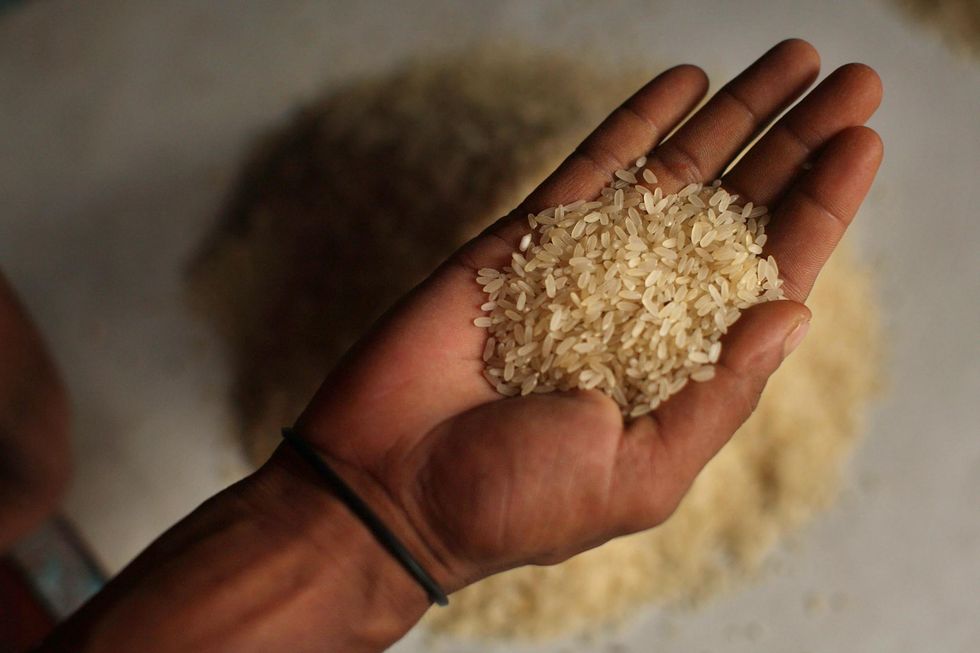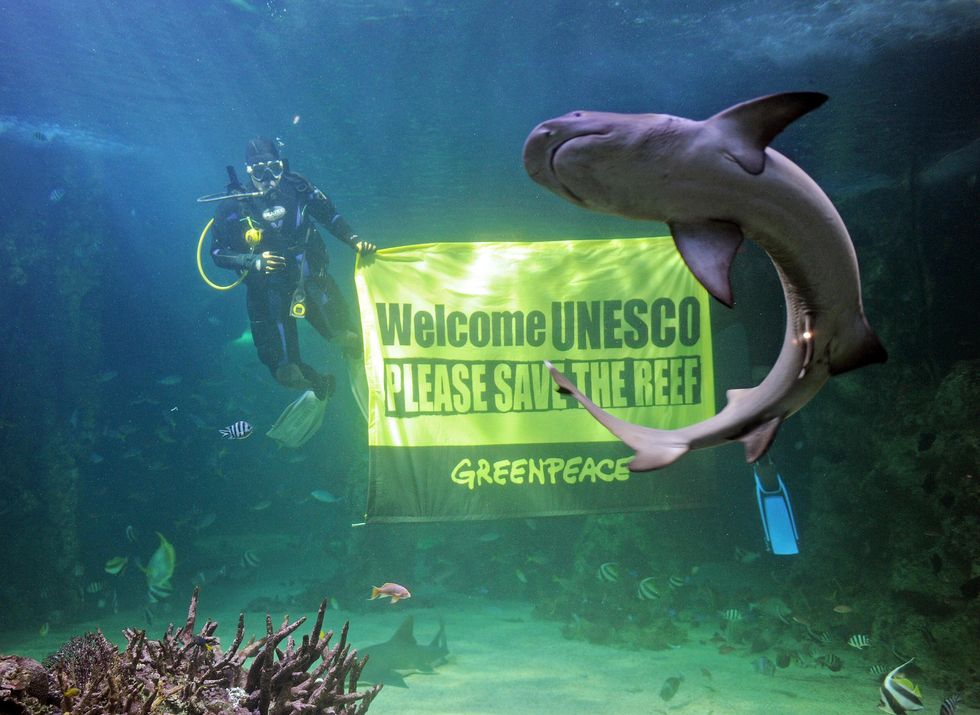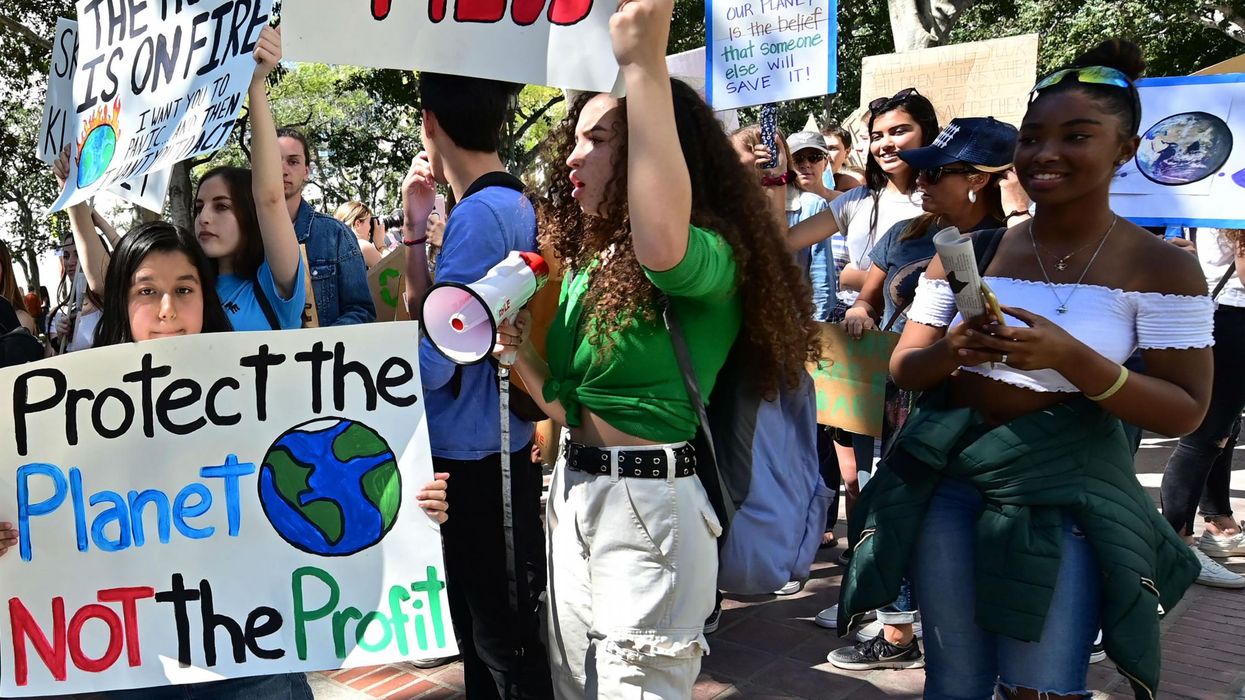
Millions of young people across the world have taken to the streets to protest global warming and urge their political leaders to confront a problem that impacts all of humanity.
Swedish environmental activist Greta Thunberg, who was recently nominated for a Nobel Peace Prize, is leading the charge.
The world’s leading climate scientists have warned that we only have 12 years to act on climate change in a meaningful way before the world that we know it is lost – and we hit the 1.5C tipping point we cannot return from.
That might be difficult to fathom.
So here are a number of concrete ways your life may be impacted as a result of climate change:
1. Increase in extreme weather events and their frequency
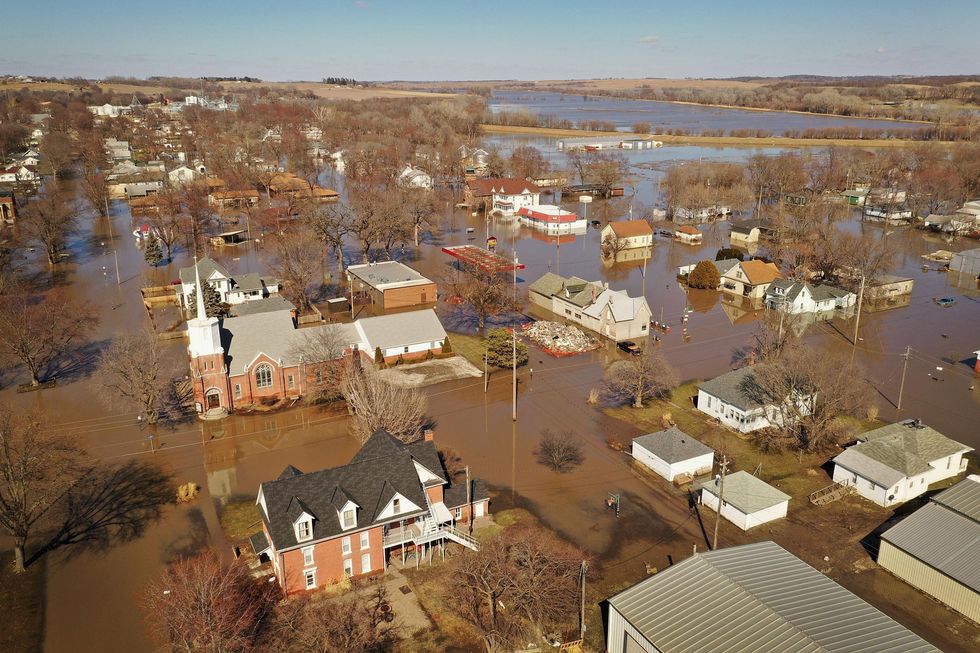
The consequence of the Earth warming up are manifold: it means certain parts of the world will be hotter, earlier in the year.
That’s not all. If emissions increase, so too will the chance of intense heat, freezing cold, an increase in the frequency of stronger cyclones and hurricanes and extreme rainfall. This can get dangerous for people living in areas with frequent hurricanes, and it could also cause agricultural problems.
Australia has experienced record-breaking heat in 2019, the American Midwest experienced freezing conditions colder than the Antarctic and in the UK, temperatures went past 20C in March – for the first time ever.
Recently, Mozambique experienced one of the worst cyclones in its history.
2. Water shortage
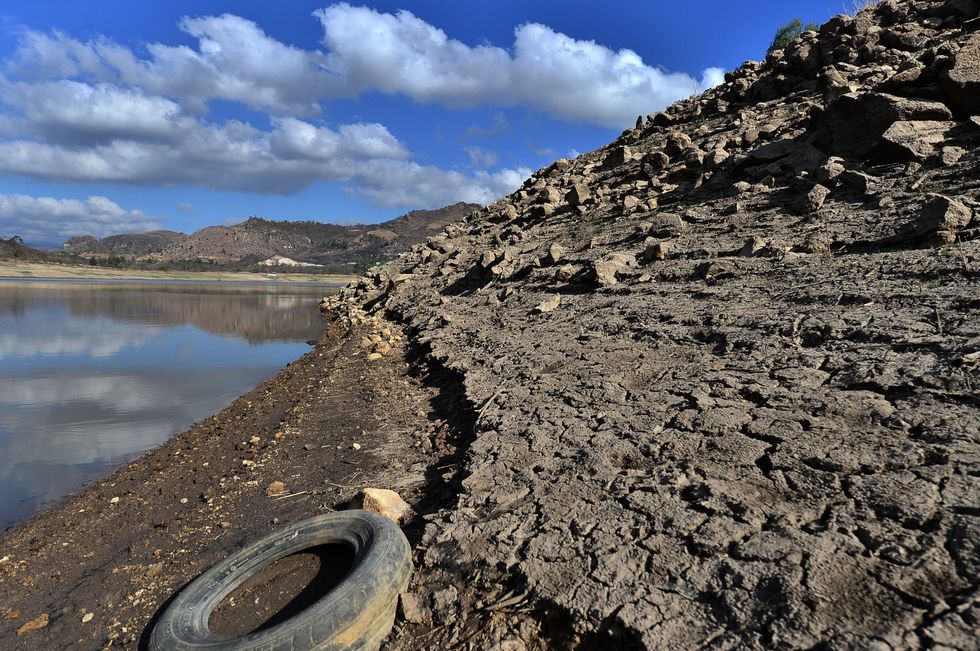
The Environment Agency has warned that England faces an “existential threat” as it appears to run out of water in just 25 years.
Unless urgent action is taken, there will not be enough water to supply the population with basic needs.
Global warming is a major problem, bringing hotter and drier summers to the UK like the one experienced last year.
This isn’t just a problem in England. According to Water Calculator, “one of the primary effects of climate change is the disruption of the water cycle”. This could have a detrimental impact on consumable water around the world."
An example of this is the 2011 East Africa Drought – which aid agencies estimate caused the deaths of up to 100,000 people – and has been linked to climate change.
3. Food shortage
The UN Food and Agriculture Organisation has warned that the world’s food supplies are under threat from the destruction of the planet’s biodiversity.
The recent report argued that plants, animals and micro-organisms – all crucial to supporting and upholding the human diet are not being protected.
“It is deeply concerning that, in so many production systems in so many countries, biodiversity for food and agriculture and the ecosystem services it provides are reported to be in decline,” wrote Graziano da Silva, director general of the organisation.
The foundations of our food systems are being undermined, often, at least in part, because of the impact of management practices and land-use changes associated with food and agriculture and the ecosystem services it provides are reported to be in decline.
Climate change is one of the causes of such a potential shortage, as well as overexploitation of water supplies, pollution and over-harvesting due to agriculture.
4. A serious drop in bees and other insect populations which will disrupt the ecosystem.
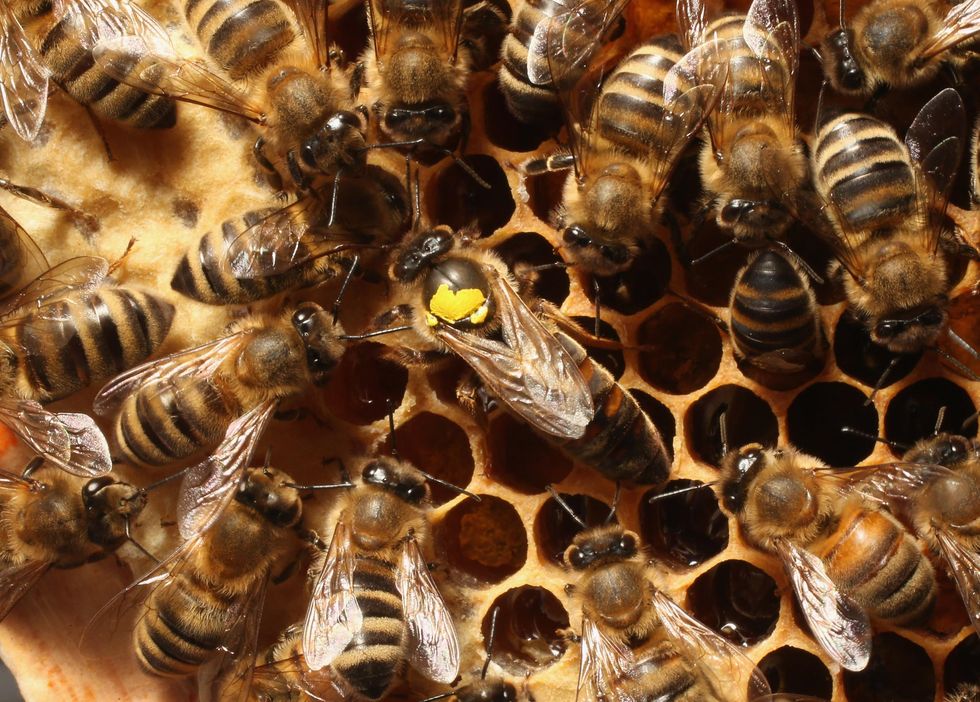
Crop pollinators, like bees, are crucial to a healthy, functioning ecosystem. However, experts say human interference with wildlife and climate means species are disappearing at 1,000 times their natural speed. One-third of the global world supply is pollinated by bees.
Plants are also in charge of absorbing carbon dioxide and giving off oxygen.
5. Some of the world's natural wonders are dying
Nature has afforded us the chance to dive into its oceans and travel across the world with ease. That could change.
The Great Barrier Reef is experiencing large scale bleaching, which kills off swaths of the ecosystem – and there’s little chance of such damage being reversed. Half of the reef has died since 2016.
The Dead Sea, another tourist destination bordering Israel, the West Bank and Jordan, is shrinking at an unprecedented rate.
6. Increase in disease
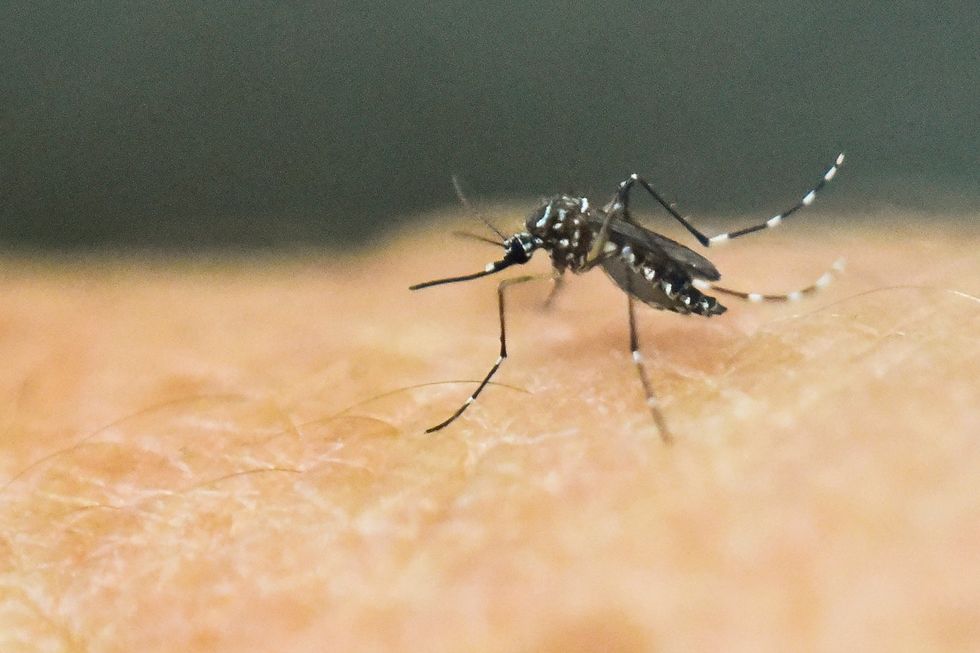
Certain parts of the world might experience an increase in certain diseases and a revival of others.
An example of this is the Zika virus outbreak in 2015-2016. It spread through South American countries via mosquitos that carry the virus. The distribution of such mosquitos changed with the climate.
According to one study published on the National Center for Biotechnology Information:
The increased climate instability has contributed to the emergence of infections carried by mosquitoes like dengue, chikungunya and zika.
7. Global political instability
According to researchers, severe climate issues such as droughts and other weather events increase the risk of wars breaking out across the world.
The scientists found that nearly one in four conflicts in ethnically divided countries coincided with "climatic calamities."
This may be playing out in Venezuela, which suffered a severe drought that led to a rationing of water.
An article in the Scientific American gave a compelling argument about the intimate relationship between the droughts in the country, the sustained rationing which led to people's dissatisfaction, and the current political turmoil.
Andrew Holland, chief operating officer of the American Security Project said:
Climate change is never going to be the one thing that causes a war or that causes a government to fall or that drives migration, but it is a factor within that that makes all of the other factors more difficult.
It makes other problems worse.
More: Comedian shares heartbreaking story about being racially profiled while shopping
More: The difference between Jacinda Ardern and Donald Trump in two tweets

